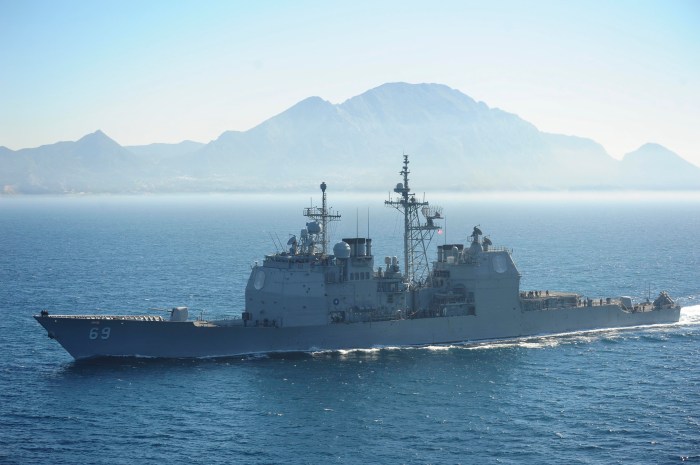Military Cruises represent a burgeoning niche in the travel industry, offering unique experiences that blend historical exploration, patriotic commemoration, and immersive adventure. These cruises cater to a diverse audience, from veterans seeking camaraderie and reflection to history buffs eager to delve into pivotal naval events. Unlike typical cruises, military-themed voyages often incorporate educational programs, specialized shore excursions to significant historical sites, and opportunities to connect with fellow enthusiasts and military personnel.
The market segments for these voyages are as varied as the experiences themselves. Veterans may seek a nostalgic journey revisiting historical battlegrounds or ports of call, while military families might relish the opportunity for shared experiences and education. History buffs, meanwhile, are drawn to the wealth of historical narratives and access to unique artifacts and locations. Understanding these diverse motivations is key to crafting compelling and respectful cruise experiences.
Potential Challenges and Opportunities: Military Cruises

The burgeoning market for military-themed cruises presents a unique blend of lucrative opportunities and significant operational hurdles. Success hinges on a nuanced understanding of both the potential rewards and the considerable logistical and security complexities involved in catering to this specialized clientele. Careful planning and risk mitigation are crucial for navigating the challenges and capitalizing on the growth potential.
Logistical Challenges and Security Considerations, Military Cruises
Organizing and executing a successful military-themed cruise requires meticulous attention to detail across multiple logistical fronts. Port access, particularly in sensitive locations, necessitates advanced planning and potentially complex negotiations with various authorities. Security protocols must be robust, addressing potential threats ranging from onboard incidents to external vulnerabilities during port calls. Furthermore, the specialized needs of veteran groups, such as accessibility requirements or medical support, must be proactively addressed.
The coordination of diverse onboard activities, including potentially sensitive historical reenactments or military-specific training sessions, also requires considerable expertise and planning. For example, a cruise focusing on the D-Day landings would require precise scheduling to ensure respectful commemoration at Normandy and meticulous coordination with local authorities. Failure to adequately address these issues could result in significant delays, reputational damage, and even legal repercussions.
Cost Analysis and Revenue Streams
The cost of operating a military-themed cruise is likely to be higher than a standard leisure cruise. This stems from increased security measures, specialized onboard amenities (such as dedicated veterans’ lounges or historical exhibits), and potentially higher insurance premiums. Revenue generation strategies must account for these elevated costs. Pricing models should reflect the value proposition offered to participants, considering factors such as the level of historical accuracy, the quality of onboard experiences, and the inclusivity of the programming.
Partnerships with military organizations, veterans’ groups, or defense contractors could unlock additional revenue streams and enhance the credibility of the cruise offering. For instance, collaborations with museums or historical societies could provide access to exclusive artifacts or expert guest speakers, thereby enhancing the overall value proposition and justifying a premium price point.
SWOT Analysis of a Hypothetical Military Cruise Company
A comprehensive SWOT analysis is critical for strategic planning and decision-making. This analysis allows for a balanced assessment of the internal strengths and weaknesses of the company, as well as the external opportunities and threats presented by the market.
The following Artikels a potential SWOT analysis for a hypothetical military cruise company:
Strengths
- Unique niche market with high potential for loyalty and repeat business.
- Opportunity to create strong brand identity around patriotism and military history.
- Potential for strong partnerships with military organizations and veterans’ groups.
Weaknesses
- Higher operating costs compared to standard cruise lines.
- Potential vulnerability to geopolitical instability impacting destinations or travel advisories.
- Dependence on a specific demographic segment (veterans and military enthusiasts).
Opportunities
- Expansion into new geographic regions and thematic offerings (e.g., specific wars, branches of service).
- Development of educational programs and historical reenactments to enhance the cruise experience.
- Leveraging social media and targeted marketing to reach the target demographic.
Threats
- Competition from established cruise lines offering similar themed experiences.
- Economic downturns potentially reducing discretionary spending on leisure travel.
- Negative media coverage or security incidents impacting the reputation of the company.
The rise of Military Cruises highlights a growing desire for travel experiences that connect individuals with history, community, and personal reflection. By carefully balancing respectful commemoration of military history with engaging and informative programming, this niche market offers significant opportunities for growth and innovation. The key lies in creating immersive and authentic experiences that resonate with the diverse target audiences while maintaining sensitivity and historical accuracy.

